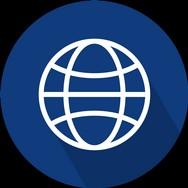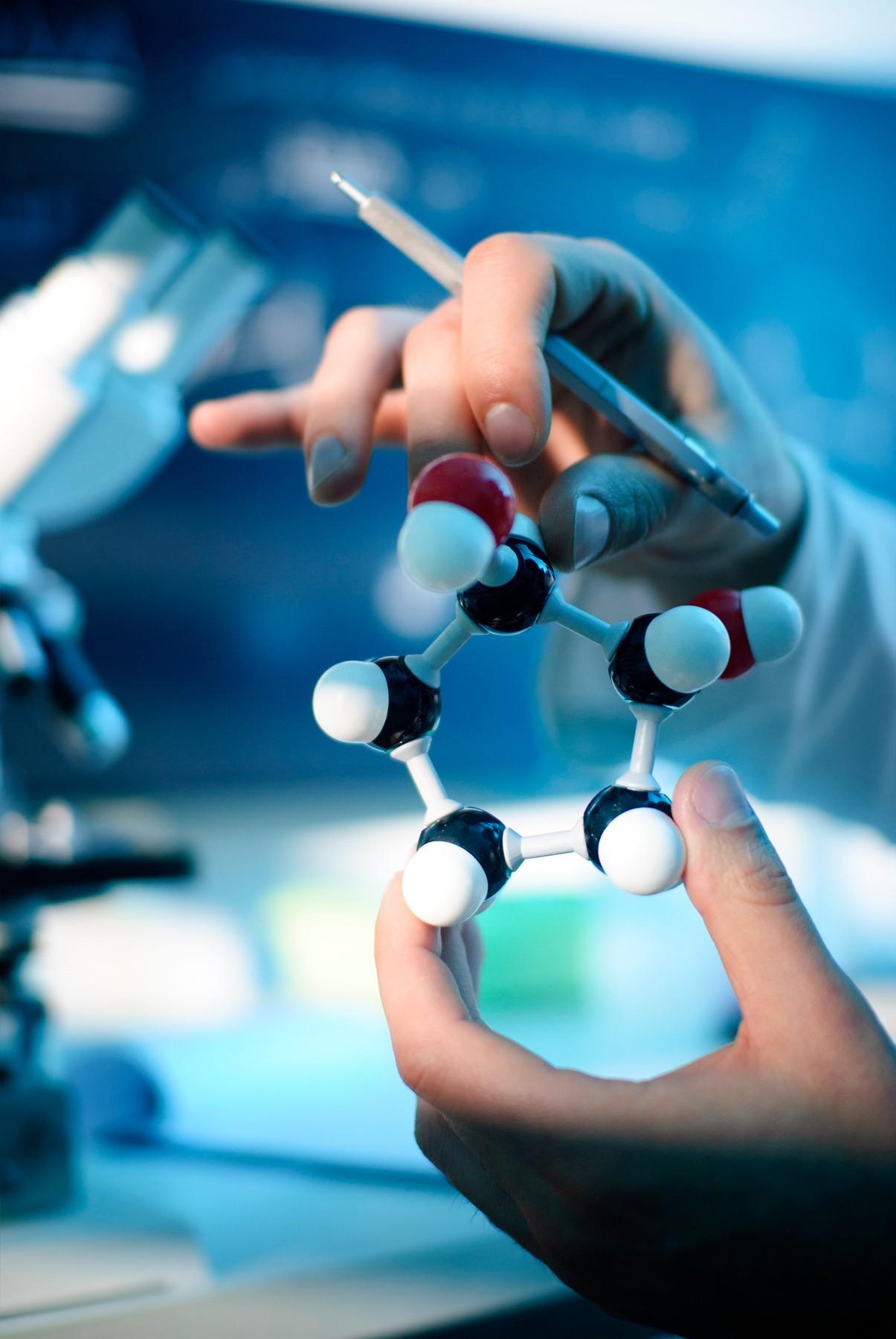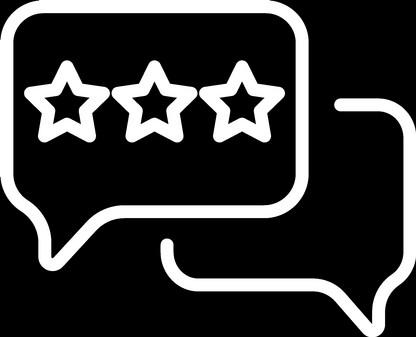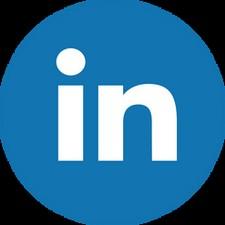
















Mycelium leather is a mushroom-based imitation leather. It is highly similar to the animal leather which makes it a potential substitute. In order to create mycelium leather, mycelium cells are placed on a dish in a lab, and with enough cellulose-rich nutrients, the mycelium grows fibres called hyphae. The by-products are then shaped into thin panels. After that, sawdust is then mixed with nutrients and mixed with mushroom spores in “bag logs” which are simply individual bags. These bags are left in an incubation room for the span of a month.


The market growth is driven by increasing gold mining activities, particularly in Asia-Pacific and Africa, where cyanide leaching remains the dominant extraction method. However, environmental concerns and stringent regulations pose challenges to market expansion.









The global shift toward sustainable materials is significantly driving the mycelium leather market, projected to grow at 24.2% CAGR through 2032. With traditional leather production responsible for nearly 18% of global greenhouse gas emissions from agriculture, brands are actively seeking ecofriendly alternatives. Mycelium leather's biodegradability and minimal environmental impact position it as a revolutionary solution, especially as consumer awareness about sustainable fashion grows exponentially.



While fashion dominates current demand, the furniture and interiors sector represents a $1.2 billion opportunity for mycelium leather by 2030. Architects and designers are increasingly specifying biomaterials for acoustic paneling and wall coverings, driven by both sustainability and unique aesthetic properties. The medical field also showspromise,withtrialsunderway formycelium-basedwounddressings that leverage the material's natural antimicrobialcharacteristics.


While early-stage production faced challenges in scalability, technologicalinnovationsarerapidly addressing these limitations. Improved fermentation techniques and substrate optimization have enabled manufacturers to produce mycelium leather sheets with more consistent quality and at larger scales.Somecompaniesarealready achieving production capacities of over 1 million square feet annually, with projections suggesting this could increase tenfold within the nextfiveyears.


North America holds a 37% share of the global mycelium leather market, driven by strong consumer demand for sustainable alternatives to animal leather. The U.S. leads adoption, with brands like Bolt Threads and MycoWorks partnering with major fashion houses to commercialize mushroom-based leather products. Strict environmental regulations and corporate sustainability initiatives are accelerating the shift, though higher production costs compared to traditional leather remain a challenge.

Accounting for 51% of global demand, Europe dominates the mycelium leather landscape. The EU's circular economy action plan and bans on certain hazardous leather tanning chemicals have created ideal conditions for bio-based alternatives. Germany and Italy are key markets, where luxury automakers and premium fashion brands are piloting mycelium materials in seats and accessories.



• Bolt Threads (U.S.)
• MycoWorks (U.S.)
• Ecovative Design (U.S.)
• Mycotech Lab (Indonesia)
• ISA Industrial (Finland)
• MYCL (Japan)
• Mushroom Material GmbH (Germany)
These companies represent some of the major key players driving innovation and growth in the market, contributing significantly to global supply and competitive dynamics.
DOWNLOAD FREE SAMPLE PDF BROCHURE


Founded in 2015, 24chemicalresearch is a trusted name in global chemical industry intelligence. We specialize in delivering high-quality market research reports, empowering over 30+ Fortune 500 clients with data-driven insights for strategic growth. Our team of experienced analysts delivers customized, reliable, and timely research backed by a rigorous methodology. From mining regulatory trends to forecasting market opportunities, our reports help companies navigate industry challenges, stay competitive, and grow confidently.
As a one-stop platform for the chemical sector, we offer:
• Deep specialization in chemical market analysis
• Customized reports tailored to your needs
• A robust portal with free samples, consulting, and competitive insights














